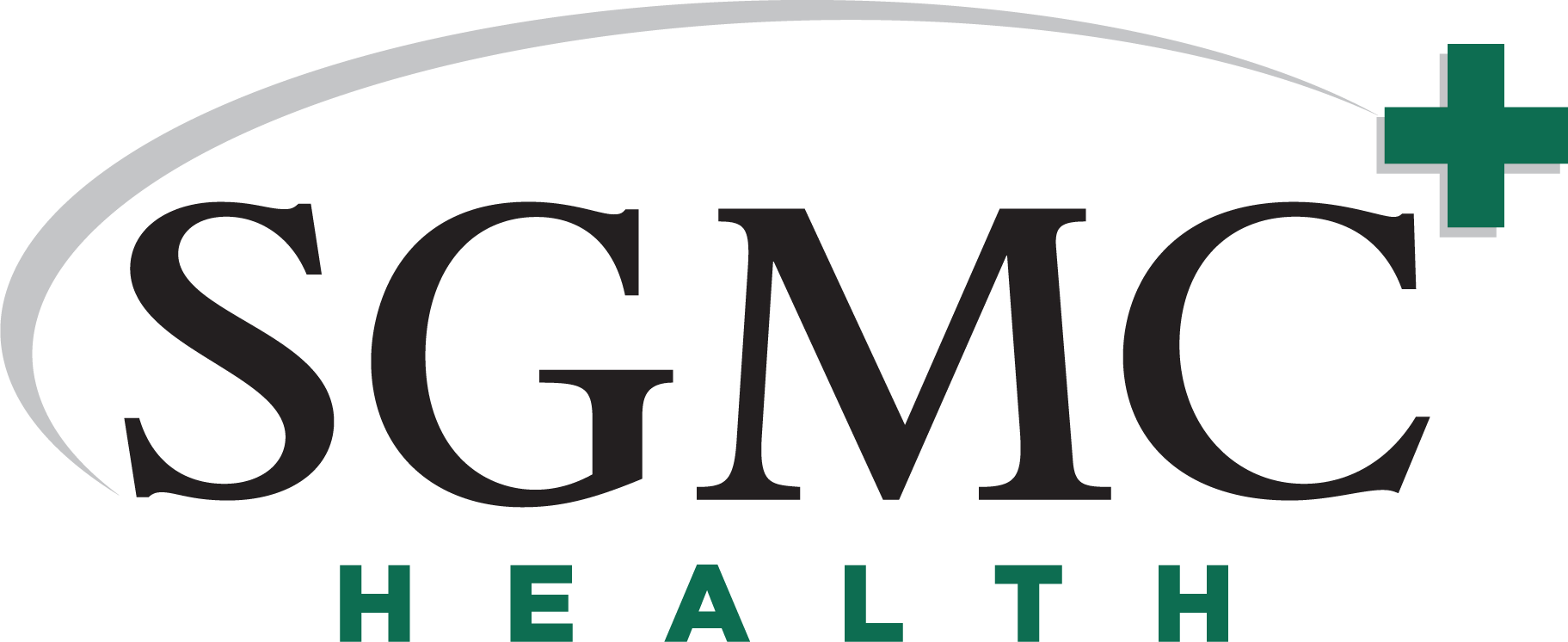10/16/2013
Valdosta, GA – The National Institutes of Health (NIH) has funded investigators at Yale University to conduct the “Comprehensive Evaluation of Risk Factors in Older Patients with Acute Myocardial Infarction” or “SILVER-AMI” study to better understand what is driving outcomes in patients 75 years and older hospitalized with heart attacks (myocardial infarctions). SILVER-AMI is a five-year study that will enroll 3100 patients from sites across the United States. South Georgia Medical Center and Emory University are the only Georgia hospitals to participate. The research study process was initiated at SGMC by Cardiologist Dr. Trey Powell, who will serve as the research study’s principle investigator. This is SGMC’s first opportunity to work with the NIH on a research study. Dr. Powell explains, “The cardiology program at SGMC’s Dasher Memorial Heart Center is gaining regional prominence. Being selected one of 62 hospitals nationwide to participate in this NIH research study is validation of our program’s growth, reputation and commitment to quality.” According to Dr. Powell, SGMC will conduct research to help develop risk stratification tools for older adults who have recently had an MI. These risk stratification tools will be used to evaluate clinical outcomes in heart attack patients and help with medical decision making during the patient’s recovery. People judged to be at higher risk may receive closer observation and/or earlier treatment, while people at lower risk may be reassured and managed less aggressively.With the aging of the baby-boomer generation, the numbers of patients over the age of 75 who experience an acute MI are expected to substantially increase in the next 30 years. The higher burden of these individuals suffering from multiple diseases processes (comorbid conditions) make this age group more complex than younger patients. Older patients also are slower to recover than younger patients.The SILVER-AMI study is led by Yale Associate Professor Dr. Sarwat Chaudhry. This study will provide critical information about the fastest growing segment of the heart attack population – the elderly. Although growing in numbers, elderly patients have historically been excluded from cardiology clinical trials. As a result, clinicians are left with little information about how to best treat such patients, and patients are left with little information about what to expect after their heart attack. According to Dr. Chaudhry, “We have to recognize that elderly heart attack patients are fundamentally different from our younger patients. It is not acceptable to extrapolate results from studies of younger populations to these patients who are often much more complex and vulnerable to a host of complications.”In addition to studying traditional medical outcomes, such as hospital readmission, the SILVER-AMI study is also focusing on outcomes that matter most to older patients – ability to function independently, symptoms, and quality of life. “We are grateful for the tremendous support and commitment from SGMC and Dr. Powell for making this important study possible,” said Dr. Chaudhry. Dr. Chaudhry notes that, “Working closely with collaborators across the country, the knowledge we gain from the SILVER-AMI study will help ensure that good science is guiding decisions being made by patients, families, and clinicians.”To learn more about the SILVER-AMI study, please visit the website at www.silver.yale.edu
